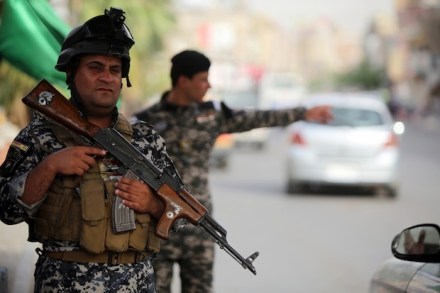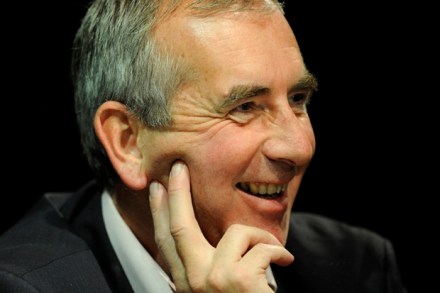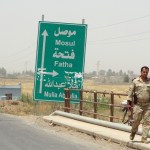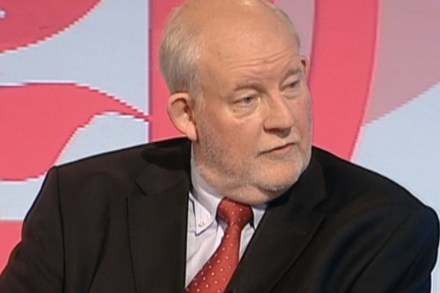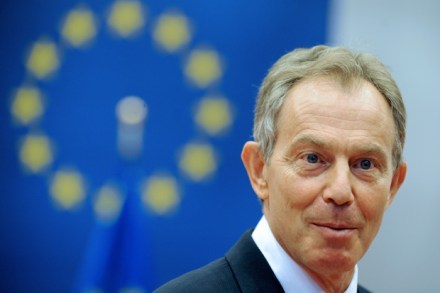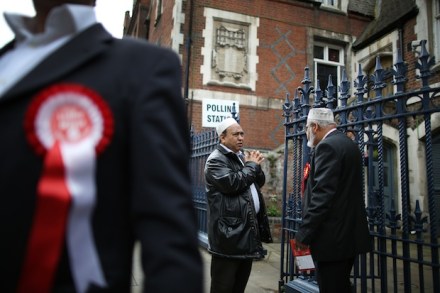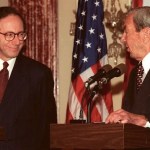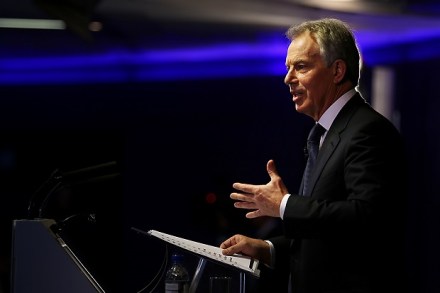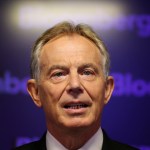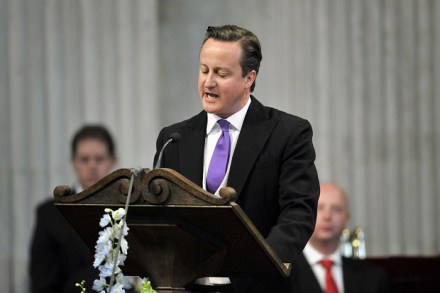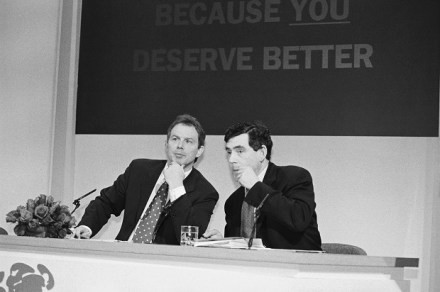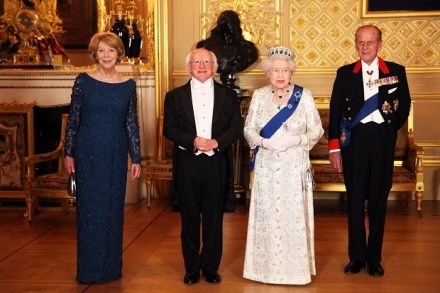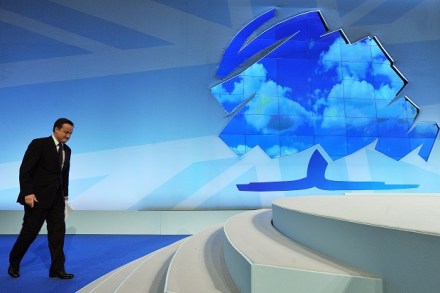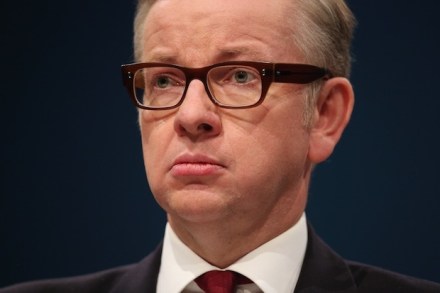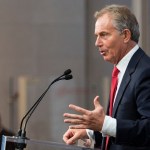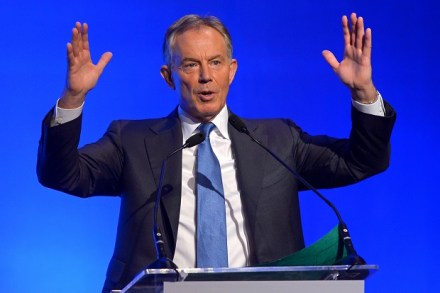Podcast: Terror’s comeback kids and Steve Coogan, foe of press censorship?
Why do Iraq’s jihadists keep on coming back? On this week’s View from 22 podcast, Daveed Gartenstein-Ross and Freddy Gray (1 min, 29 sec) examine why groups such as ISIS have a habit of disappearing, losing their territorial gains and reappearing more deadly than ever. What can the West do, if anything, to combat the ISIS threat in Iraq? Are we going to see instability in the region for years? James Forsyth and Isabel Hardman (10 min, 29 sec) also look at the disappearance of hawks in Westminster and why Parliament is so reluctant to intervene in foreign lands. Does the ghost of Tony Blair and Iraq scare off MPs from voicing
